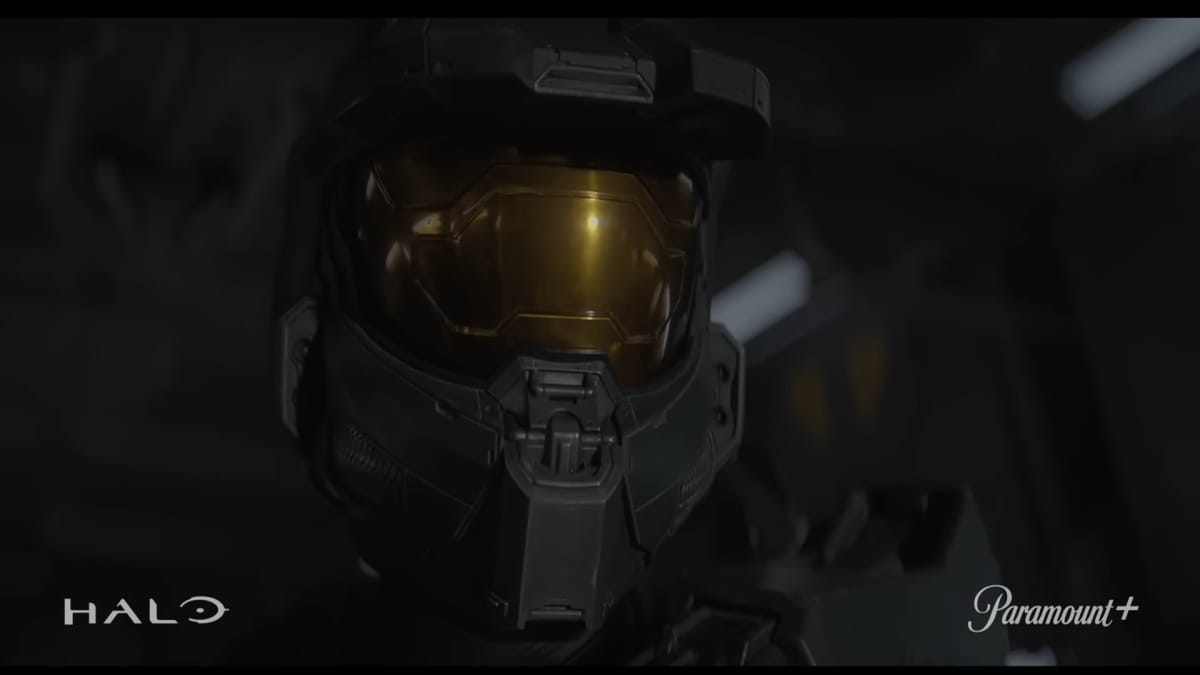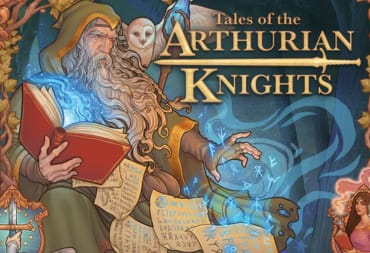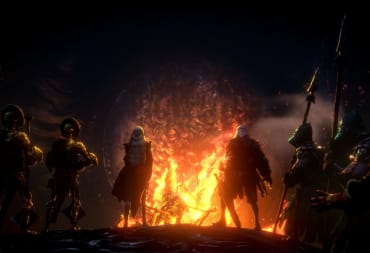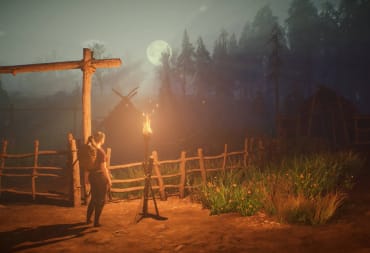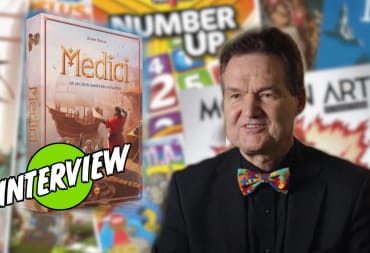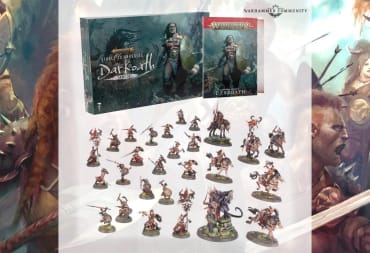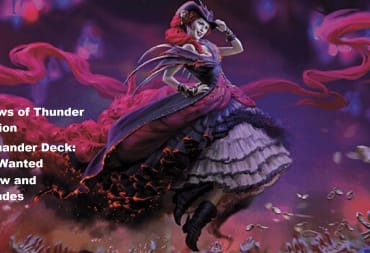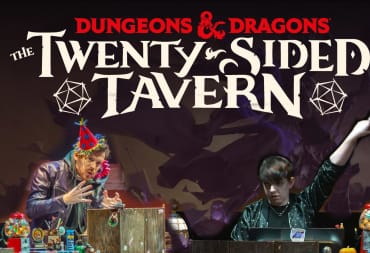It's no secret that live-action video-game adaptations tend to be hit or miss. History certainly suggests that such adaptations have an unfortunate tendency to veer toward the latter. One could almost be forgiven for thinking that the genre is cursed, forever doomed to result in disappointing media that appeals to neither fans nor newcomers.
The first season of the Halo TV show definitely felt like it was born of a wish made on a severed monkey's paw. To sum it up, the season offered little entertainment value outside of finally answering the question, "What if the Master Chief had sex?"
Fortunately, the powers that be seemed to have gotten the message that people generally want good adaptations of their favorite game franchises. In the case of the Halo TV show's second season, there appears to be a genuine attempt at making a course correction.
Halo Season 2 could very easily function as a soft reboot, both in terms of entertainment value and in establishing key plot points. The second season still isn't perfect, but a lot of its flaws can be seen as an extension of a weak first season.
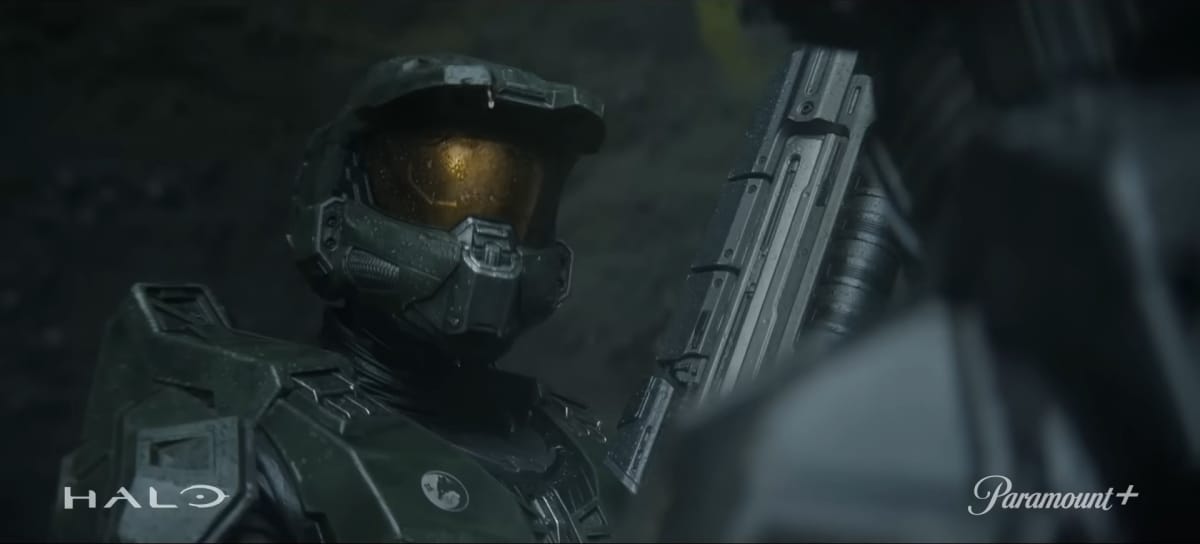
Halo TV Season 2: A Step in the Right Direction
The largest improvement by far is the humanization of the Spartans. Season one had the right idea in focusing on this concept, yet the execution left much to be desired. Halo Season 2 essentially deconstructs the Spartans instead, putting them through loss and showing them in their most vulnerable moments, both figuratively and literally.
The undisputed highlight of Halo Season 2's story has to be the Office of Naval Intelligence characters. Simply put, both Parangosky and Ackerson are wonderfully portrayed by their respective actors. They steal virtually every scene that they're in, believably showing why these characters are generally considered to be war criminals who just happen to be fighting to prevent humanity's extinction.
Speaking of highlights, the final episode is practically a must-watch for all Halo fans. Without giving too much away, there is one particular scene that finally depicts what is arguably the most iconic moment in the entire franchise in all of its (reimagined) glory.
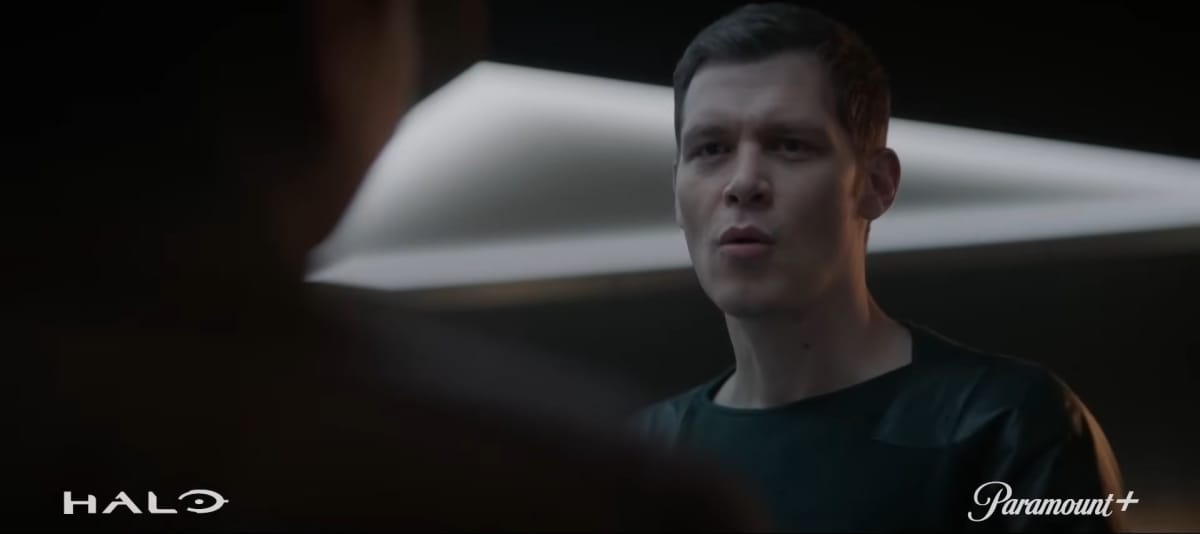
Halo TV Season 2: One or Two More Episodes Would've Helped
Alas, while Halo Season 2 is a noticeable improvement over its predecessor, there appears to be two key issues that hold it back. The first issue is that certain moments felt directionless.
As an example, in the last half of Season 2, Soren's path reconnects back into the main plotline. This reunion doesn't last long before Soren is separated again. Soren then spends the next two or three episodes making short and abrupt appearances. Needless to say, it's very odd, and it makes an otherwise interesting character seem lost and out of place.
Secondly, although the overall plot is serviceable, longtime Halo fans would likely notice that at least two or three major events are being condensed into one season. The result is that the consequences of these events aren't really given the same gravitas that they received in the original timeline, especially in the finale.
Beware! Spoilers Below for Halo Season 2
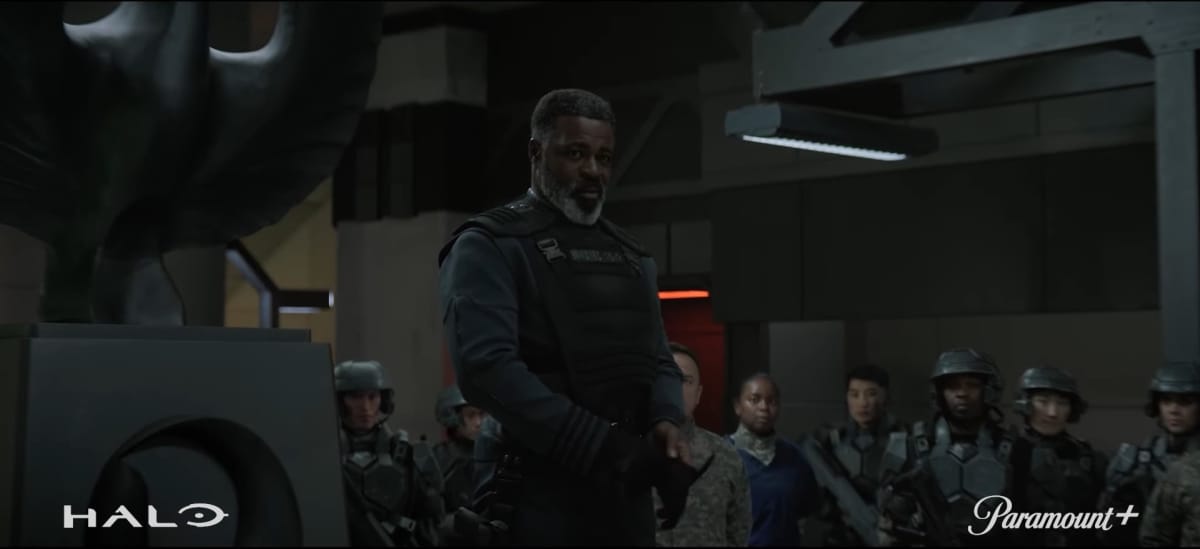
Halo TV Season 2: Embracing the Changes
The crux of the issue is that, like all adaptations, the Halo TV series is in a constant tug of war between the source material and the reality imposed by the new medium. For instance, the Fall of Reach has now officially been portrayed in at least three different major ways. In order of initial appearance, this would be the book Halo: The Fall of Reach (2001), Halo: Reach (2010), and now the Halo TV show.
The books portray the Fall of Reach as this unprecedented military action where the UNSC threw hundreds of ships, dozens of Spartans, and many millions of lives into an ultimately doomed defense. Halo: Reach toned down the battle drastically, almost certainly due to hardware limitations. The Halo TV show reduced the fight for Reach to the bare minimum.
In all fairness, the first three episodes expertly built up to the Fall of Reach. Episode 4 is dedicated entirely to the defense of Reach. Unfortunately, Episode 4 takes place in a single city, and the UNSC Navy was explicitly redeployed elsewhere so there was no onscreen space battle at all.
In some ways, the TV show version of the Fall of Reach is the most disappointing interpretation. As far as the show is concerned, Reach was an important planet, and it was destroyed. The massive symbolic and material losses incurred by humanity in the original timeline are somewhat glossed over.
However, the way that the TV show approached the battle also allowed for arguably better long-term storytelling. You lose what could have been some very cool action scenes and gain character development for every main character. Silver Team suffers their greatest losses here, and Reach's destruction serves as the inciting event that causes the Spartans to come to terms with the fact that they are ultimately little more than tools to the UNSC.
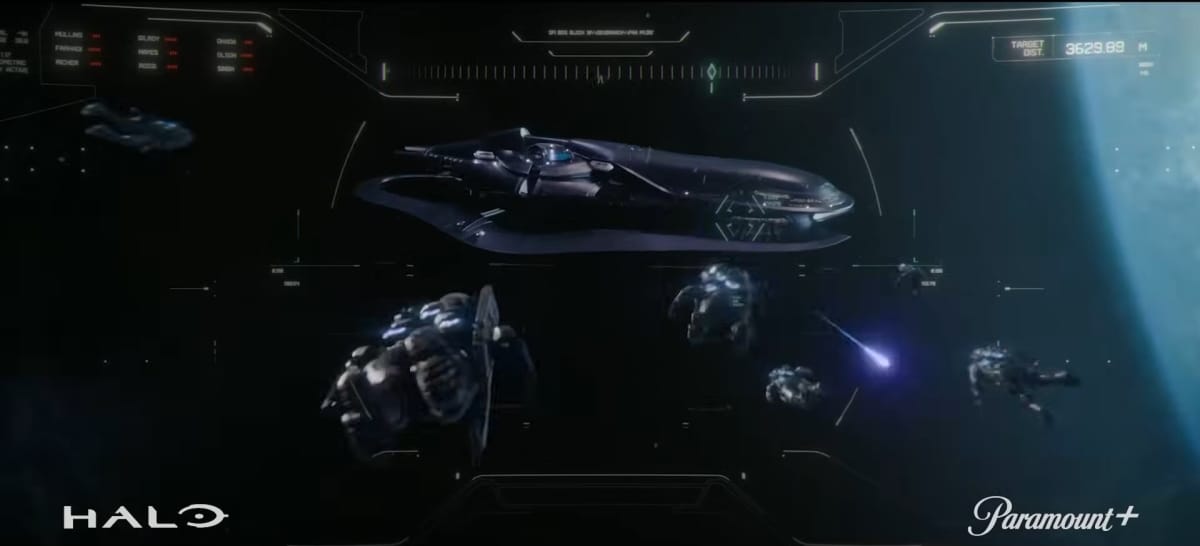
Halo TV Season 2: Change is Scary
On the flipside of this is Makee. While adding completely new characters to existing franchises is always a risk, it's very distracting when an already unpopular character is revived with the most handwavy explanation possible. It's hard to imagine why Makee's role can't be replaced by more scenes with Cortana or the Arbiter seeing as how Makee shares the bulk of her screentime with them anyway.
Furthermore, Halo Season 2 ends more or less where Halo: CE begins, so if the writers needed characters to delve into the Forerunner plotline, then they already have the Monitor. If the intention for Makee is to be a foil for Master Chief in future seasons, that role is traditionally filled by the Monitor as well. Perhaps future seasons will improve the standing of the character, but for now Makee seems wholly superfluous.
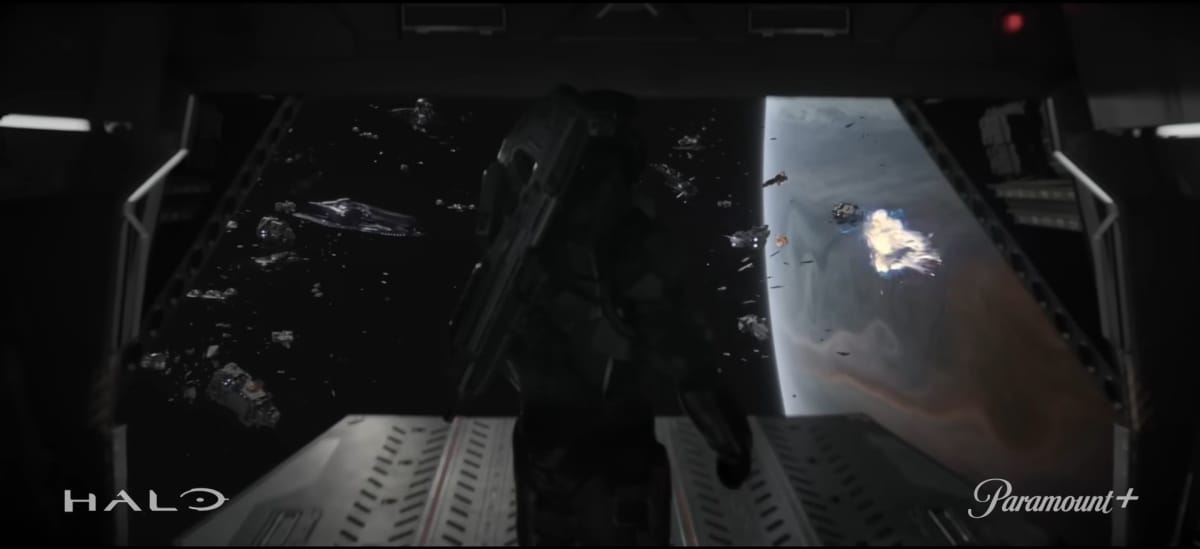
Halo TV Season 2: Setting a New, Albeit Low Standard
Of course, there are no rules etched in stone that dictate how much an adaptation should be allowed to change the source material. Naturally, the safe bet would be to follow established lore as close as possible. Such a tactic has evidently worked for modern video-game adaptations, particularly The Last of Us.
At the same time, following an existing storyline closely doesn't guarantee quality. Persona 5: The Animation followed the major events of the game practically word for word. Unsurprisingly, this led to a rather unexciting experience if you've already played the game. The Day Breakers special episode worked better as an adaptation because it introduced new elements to the existing story.
Then there's scenarios where an adaptation has no choice but to make changes. Trying to make an anime based only on the League of Legends game would be pure toxic insanity. Making an anime based on the world of League of Legends on the other hand resulted in the excellent Arcane series.
Fallout has a similar problem in that there's no main character to follow, and the story is largely up to the player to decide. An adaptation revolving around an existing NPC would likely be inflexible, possibly boring, and of niche appeal. Thus, the logical approach again is to work around the setting and create an original story.
Interestingly enough, Halo Season 2's approach can best be defined as fitting somewhere in between the two camps. The story isn't wholly original, yet the changes from the games and books are distinct enough to be considered an alternate timeline. The finale makes a convincing argument as to why the showrunners opted for this style, and one can only hope that any future seasons are of even higher quality now that the show has reached familiar shores.
Have a tip, or want to point out something we missed? Leave a Comment or e-mail us at tips@techraptor.net
